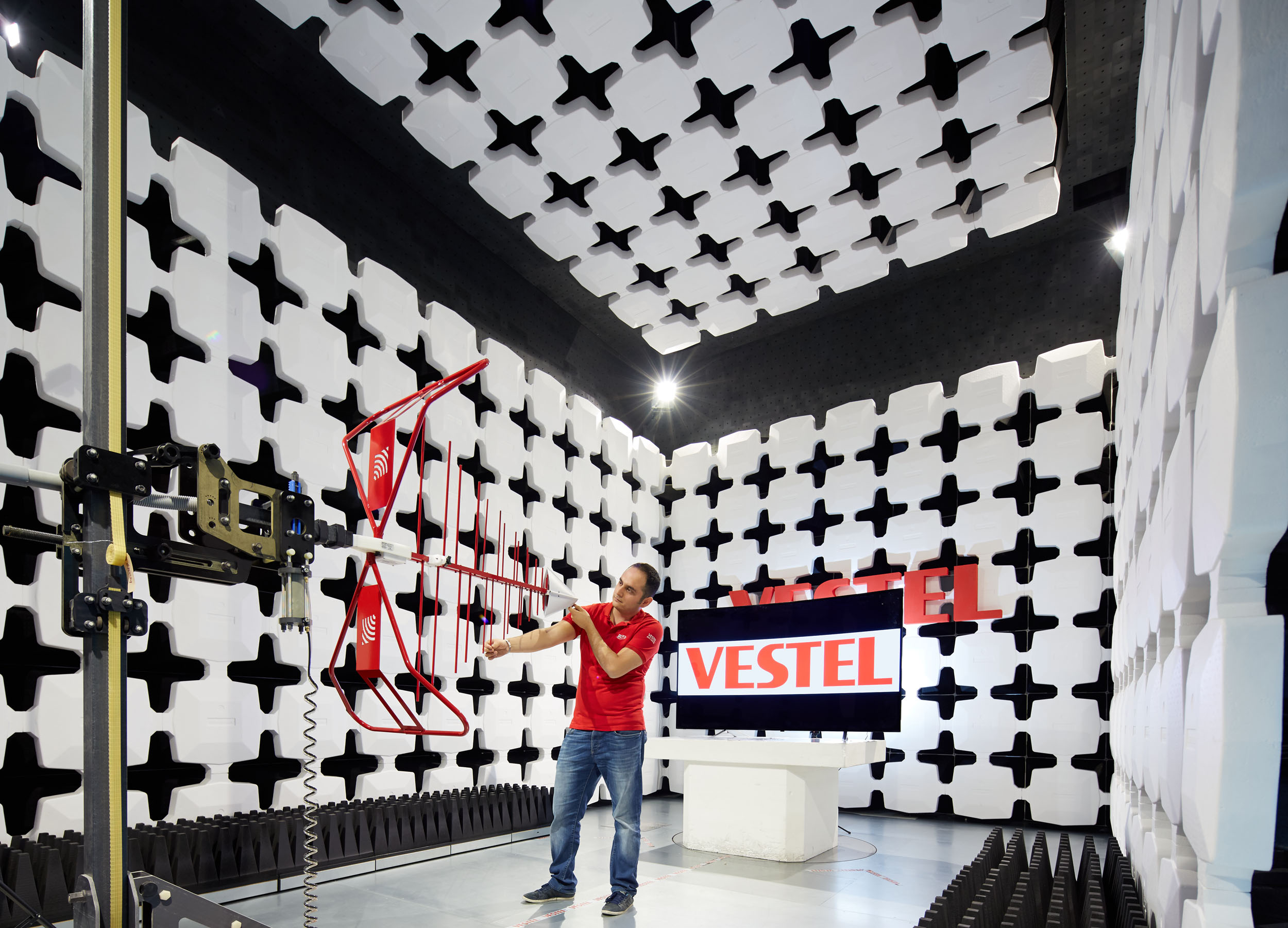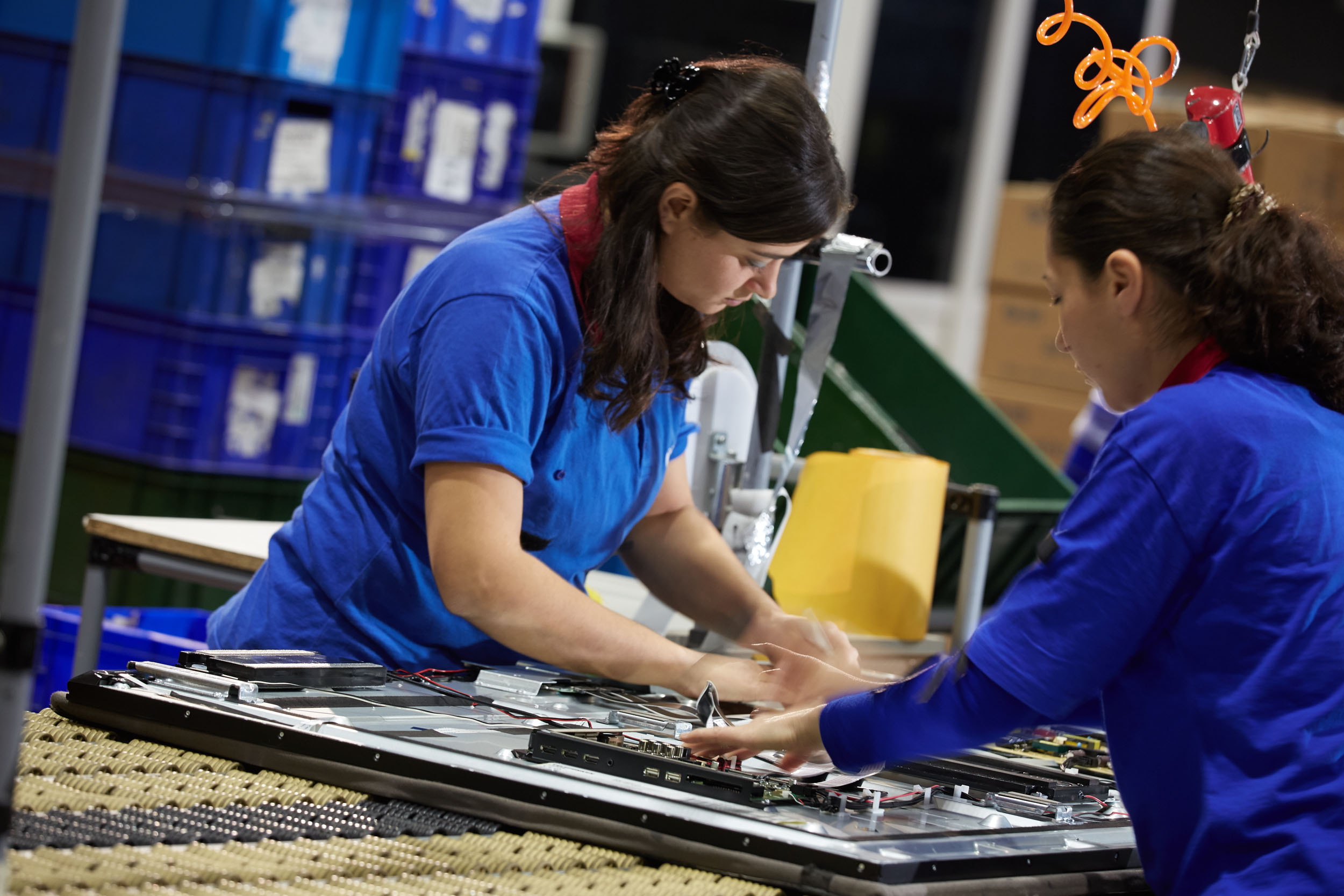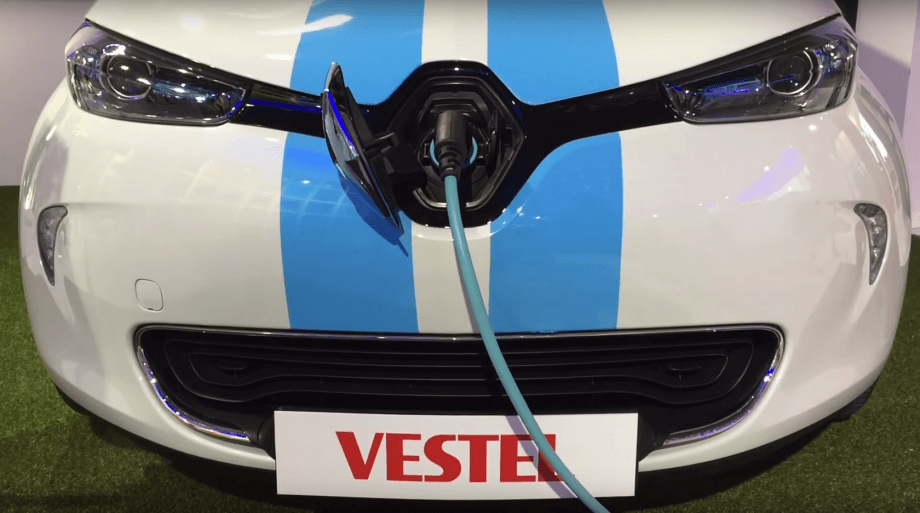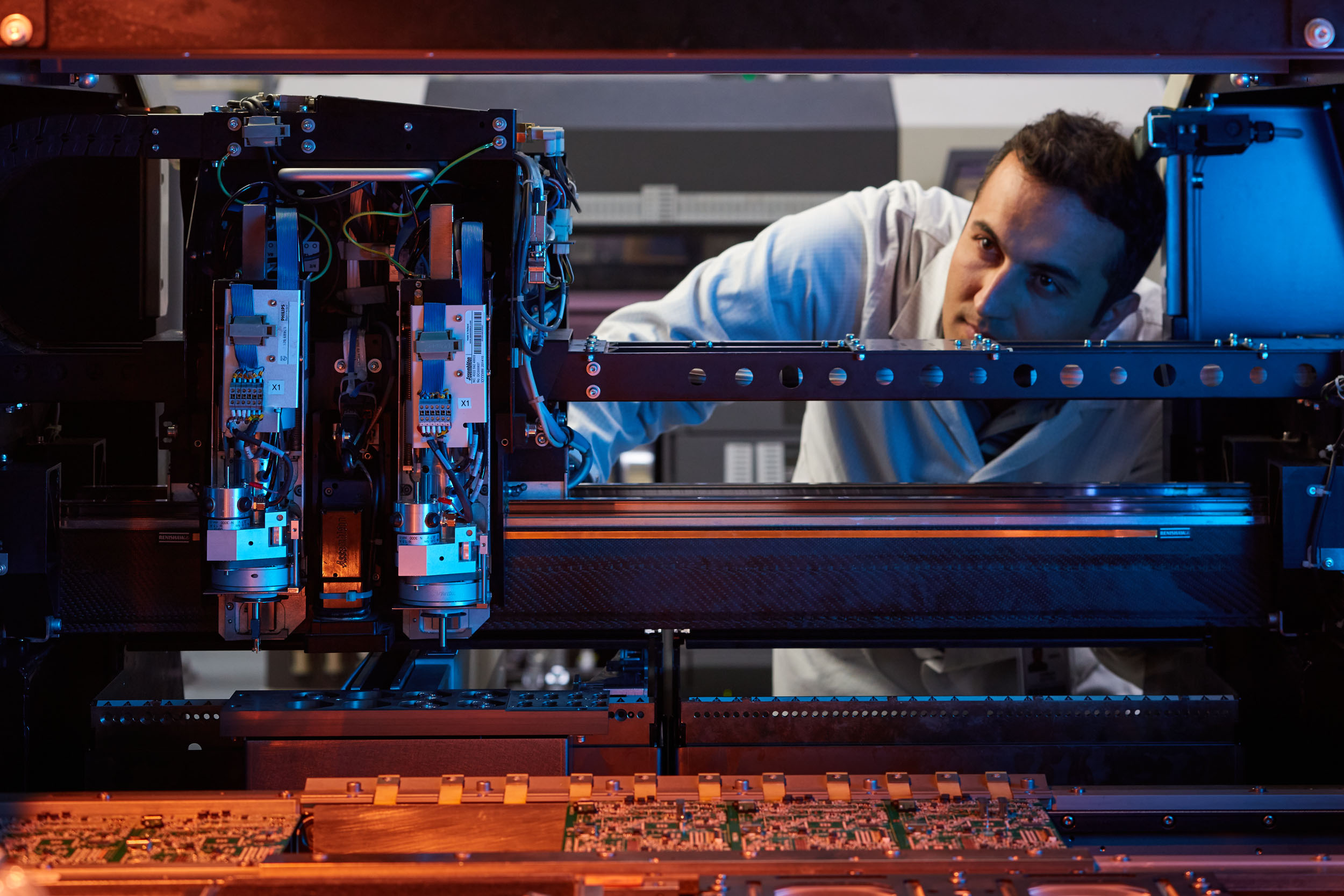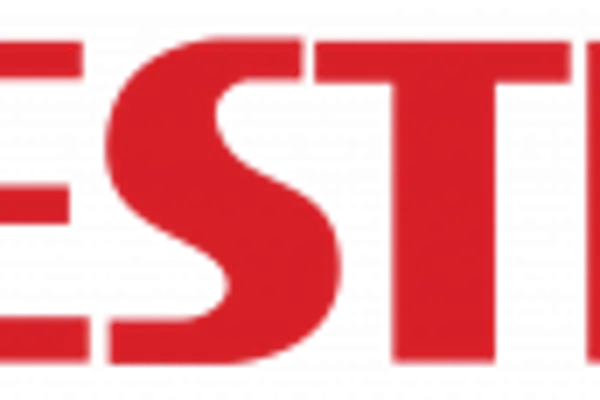
In the category 'Vehicles and vehicle accessories', Vestel's EV charger won the reddot product design award in 2017. A jury of more than 40 people, amongst which were designers, professors, and other experts judged the product on its quality, functionality, ergonomics, material handling, ease of use, ecology and robustness. From over 5,500 products, the EV charger was selected the 2017 winner.

In the category 'Vehicles and vehicle accessories', Vestel's EV charger won the reddot product design award in 2017. A jury of more than 40 people, amongst which were designers, professors, and other experts judged the product on its quality, functionality, ergonomics, material handling, ease of use, ecology and robustness. From over 5,500 products, the EV charger was selected the 2017 winner.
Vestel Electronics
Bringing an EV charger to the global market
When Vestel Electronics, a worldwide operating electronics player from Turkey, wanted to bring their new electric vehicle (EV) charger to the market, they looked to DEKRA, a reliable and long-standing partner and reputable player in the automotive and EV market. Read our interview with Murat Sarpel, General Manager at Vestel Electronics and Andaç Pamuk, LVD Manager at Vestel.
Our experience, especially for power electronics design, is providing a significant advantage to start the design and manufacturing of new products. We are always seeking new promising areas to get engaged in. In the past couple of years, for example, we have invested in expanding our product portfolio for automotive solutions. Vestel wants to be an important player in this rapidly developing market. We are researching the possibility to develop an entire electric vehicle in the near future.
Vestel's Electric Vehicle Charger
Overcoming challenges
3.5 kW / 7.4 kW / 11 kW / 22 kW (3-phase) AC charging options
Type 2 IEC Standard compliant
Full connectivity support via Ethernet and Wi-Fi or GSM
Smart charging application on mobile
OCCP Support
Idle mode consumption: 3.5W
Weight: 10.7kg
Protection degree: IP54, IK10
Development time: 2 years
Our EV charger is first targeted to be sold in the Turkish domestic market. The second step, which will shortly be realized, is going to the European market.
DEKRA and Vestel
